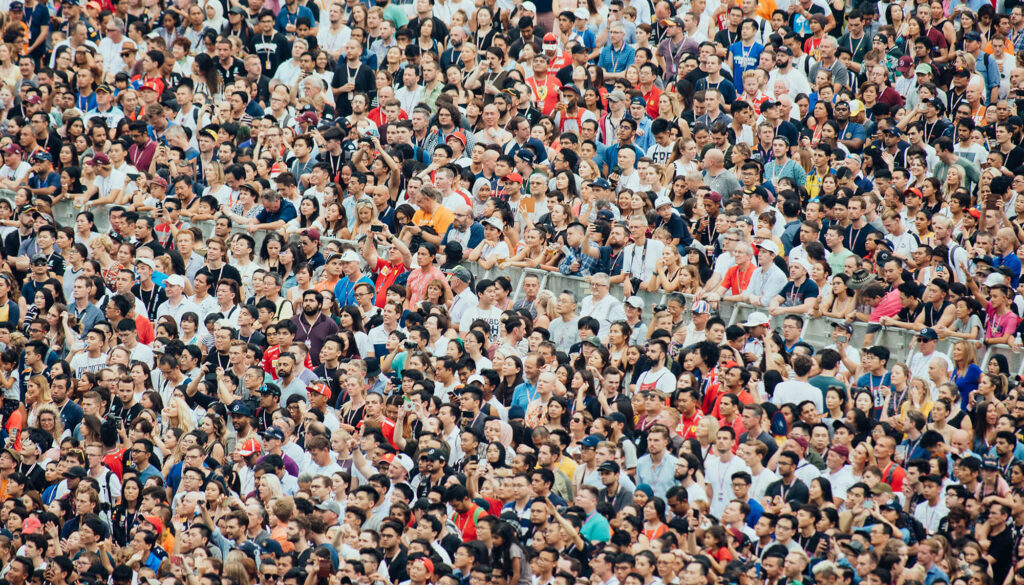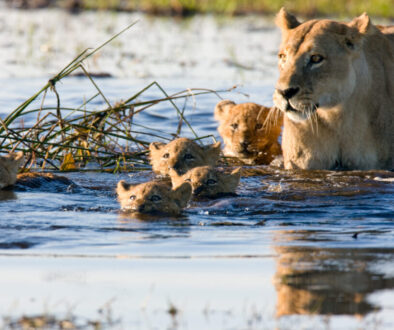The Importance of Community Immunity
We all know the benefits of being part of a community. It unites us, connects us with other people, gives us a sense of belonging, and provides us with a supportive environment. Community immunity is also of great importance to support those around us. Community immunity, also known as herd immunity, occurs when a high percentage of the population is immune to a disease making the spread of the disease in the community less likely. When herd immunity is achieved it becomes more difficult for the disease to spread to unvaccinated or vulnerable people such as newborn infants or those with immune compromising conditions. These people are relying on the community for protection against the disease if they are unable to get vaccinated themselves.
How can we achieve community immunity?
Community immunity can occur through vaccination or natural infection to a disease. Natural herd immunity through infection would cause high rates of serious illness and death so herd immunity is normally achieved through vaccination. The percentage of people who need to be immune to achieve herd immunity is referred to as the “herd immunity threshold” and varies with each disease depending on how contagious that disease is. For example, measles is a highly contagious disease, so herd immunity requires about 95% of the population to be vaccinated to protect the remaining 5%. Herd immunity against polio requires about 80% of the population to be vaccinated. Once herd immunity is achieved and maintained, the disease gradually begins to disappear from a population. The success of herd immunity through vaccination can be seen with the worldwide eradication of smallpox in 1977 and through the elimination of polio in Canada and the Americas in 1994.
Who does community immunity protect?
Some people do not develop immunity after vaccination or cannot be immunized for medical reasons. When you support community immunity by getting vaccinated, you are helping to protect:
- Newborn and young infants
- People with immune compromising conditions, such as those with cancer, HIV/AIDS, an impaired spleen, or from taking immunosuppressive medications to treat conditions such as rheumatoid arthritis or Chron’s disease
- People who have allergies to vaccine components
- People who have waning immunity to certain diseases
What happens when we lose community immunity?
Outbreaks of vaccine-preventable diseases continue to occur when too few people in a population are vaccinated. Diseases can be imported into a community from international travellers who acquire the disease abroad which can then be spread to unvaccinated or partially vaccinated people. If the percentage of vaccinated people drops below the herd immunity threshold, a disease can be easily spread through a community. In recent years Canada has experienced falling vaccination rates due to a number of reasons including anti-vaccine views and only partially immunized individuals. What has happened when community immunity is lost?
- A large outbreak of measles in BC’s Fraser Valley in 2014 with 433 reported cases.
- The highest number of measles cases since 1995 during an outbreak in Quebec in 2011 with 725 reported cases.
- The return of polio to the Philippines, which had previously been polio free for 19 years prior, when immunization rates reached a low of 66%.
- An outbreak of mumps among people living in Whistler in 2016.
- An outbreak of diphtheria in Dominican Republic from January to April 2021, resulting in 11 cases and 9 deaths.
Don’t forget your boosters!
Immunity from certain vaccines can wane over time so a booster may be required for continued protection and to support continued community immunity. You may require a booster for:
- Tetanus
- Diphtheria
- Pertussis
- Measles
- Mumps
- Varicella (chickenpox)
- Polio
- Pneumonia
Community immunity againstCOVID-19
The World Health Organization recommends that community immunity against COVID-19 should be achieved by vaccination and not by natural infection. It is currently not known what percentage of the population must be vaccinated in order to achieve herd immunity against COVID-19. Challenges of achieving community immunity against COVID-19 is complicated by new variants, uneven vaccine roll-outs worldwide, vaccine hesitancy, and the unknown duration of protection from the vaccine. Immunizing as many people as possible can help work toward herd immunity against COVID-19 and protect the vulnerable people in our community.
What can you do?
You can support community immunity by ensuring your vaccines are up to date. Book an appointment at TravelSafe Clinic for a vaccine review to determine if you need any boosters. Call your nearest public health clinic to book a vaccine appointment for your child if they are due for vaccinations. Book an appointment for your COVID-19 vaccine by registering for the vaccine or by attending a COVID-19 vaccine pop-up clinic. For more information visit https://www2.gov.bc.ca/gov/content/covid-19/vaccine/register. Staying on schedule with vaccinations helps to keep you, your family, and your community safe and protected.



